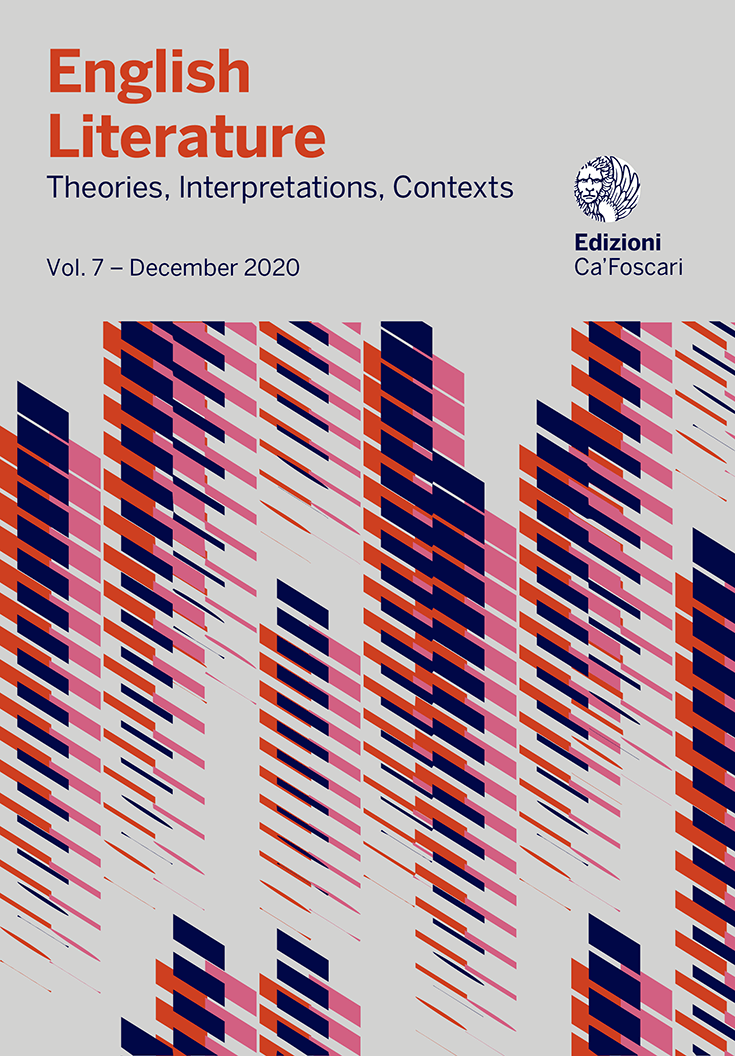- search 1067 views
- file_download 209 download
The Representation of the Wonderful and the Preternatural between the Gothic Novel and Fin-de-Siècle Literature
edited by
Language: en
Published: Dec. 21, 2020
-
Keywords keyboard_arrow_down
Street literature • The ‘Aesthetic Fantastic’ • Religious and political propaganda • Narrative Annexe • Uncanny • Genre • Aesthetics • Aesthetic Culture • Marvellous • Monstrous births • Foley effects • Ghost Story • Space • Elizabethan England • Gothic novel • Border-crossing • Ann Radcliffe • Mysticism • The Sublime • Late-Victorian Context • Escapism • Deformed pigs • Empiricism • Robert Louis Stevenson • Spiritualism • Realism • Ruyard Kipling • Fantastic • Fin de siècle • Mimetic Dimension • The Mysteries of Udolpho • Monsters • Gothic • Henry James • Virginia Woolf • Hybridity • Horace Walpole • George Eliot • Supernatural • Stevenson • Narrative • Form • Vampire • Geopoetics • Transatlantic literature • Wells • Joseph Conrad • Gothic Novel • Supernatural Horror • Edmund Burke • The Castle of Otranto • Islands • Victorian Era • Harriet Beecher Stowe • Olalla • Doyle • Psycho-acoustic ambience • Romance
Table of contents
Introduction
- search 402 view
- file_download 150 download
Section 1. The Representation of the Wonderful and the Preternatural between the Gothic Novel and Fin-de-Siècle Literature
- search 568 view
- file_download 220 download
- search 779 view
- file_download 244 download
- search 459 view
- file_download 167 download
- search 291 view
- file_download 58 download
- search 276 view
- file_download 51 download
- search 331 view
- file_download 90 download
Section 2. Miscellany
- search 292 view
- file_download 59 download
- search 287 view
- file_download 56 download

